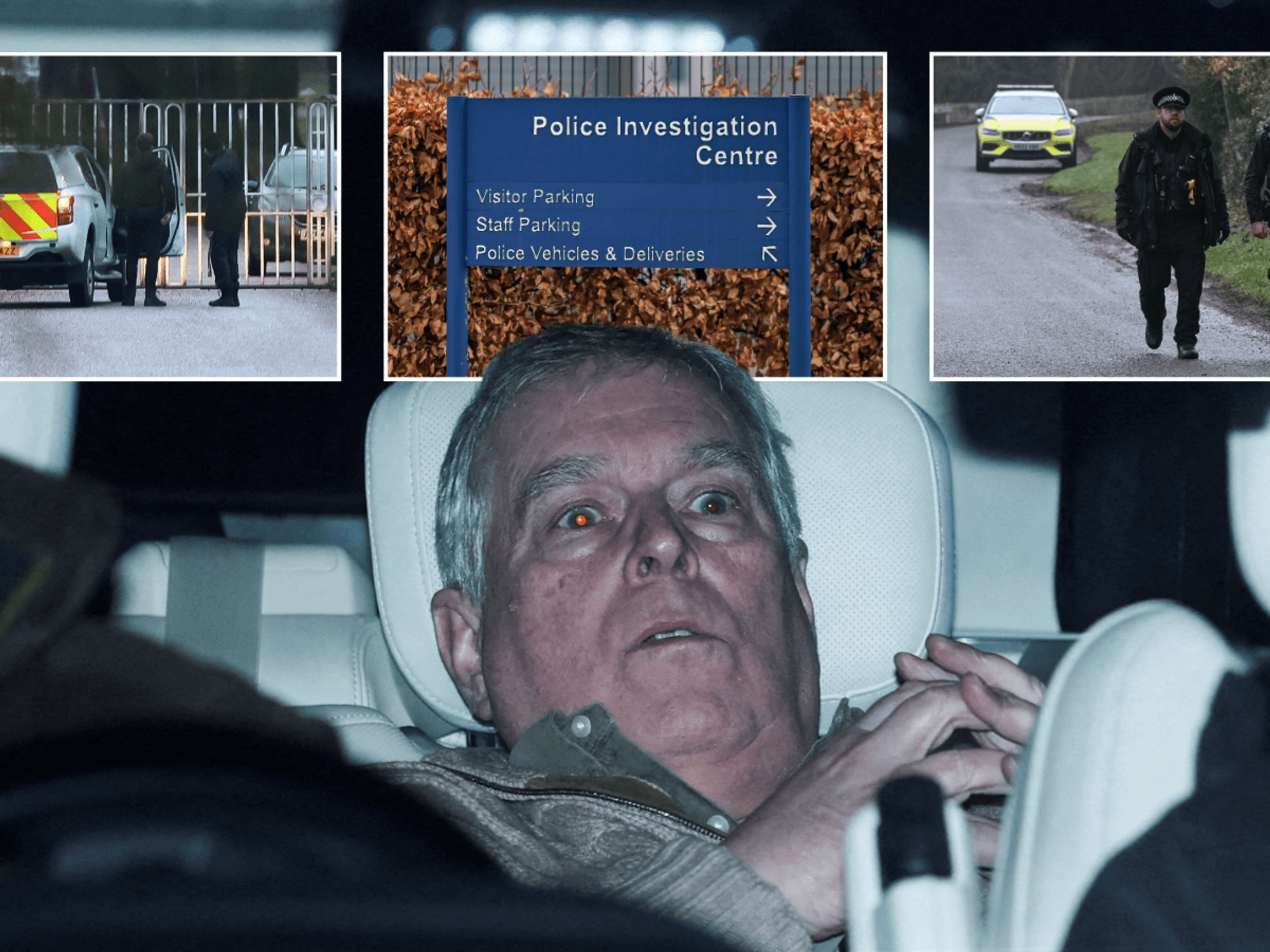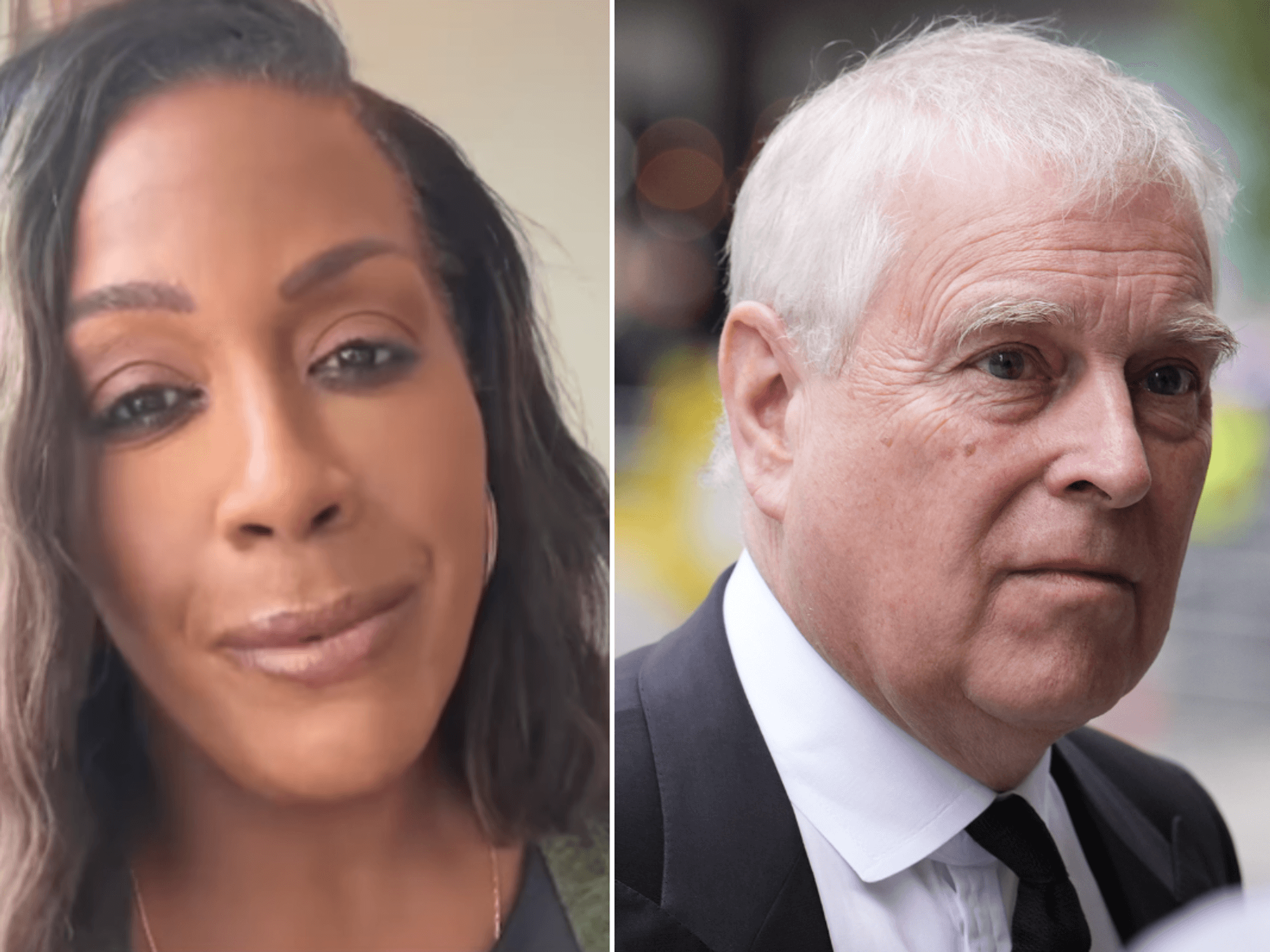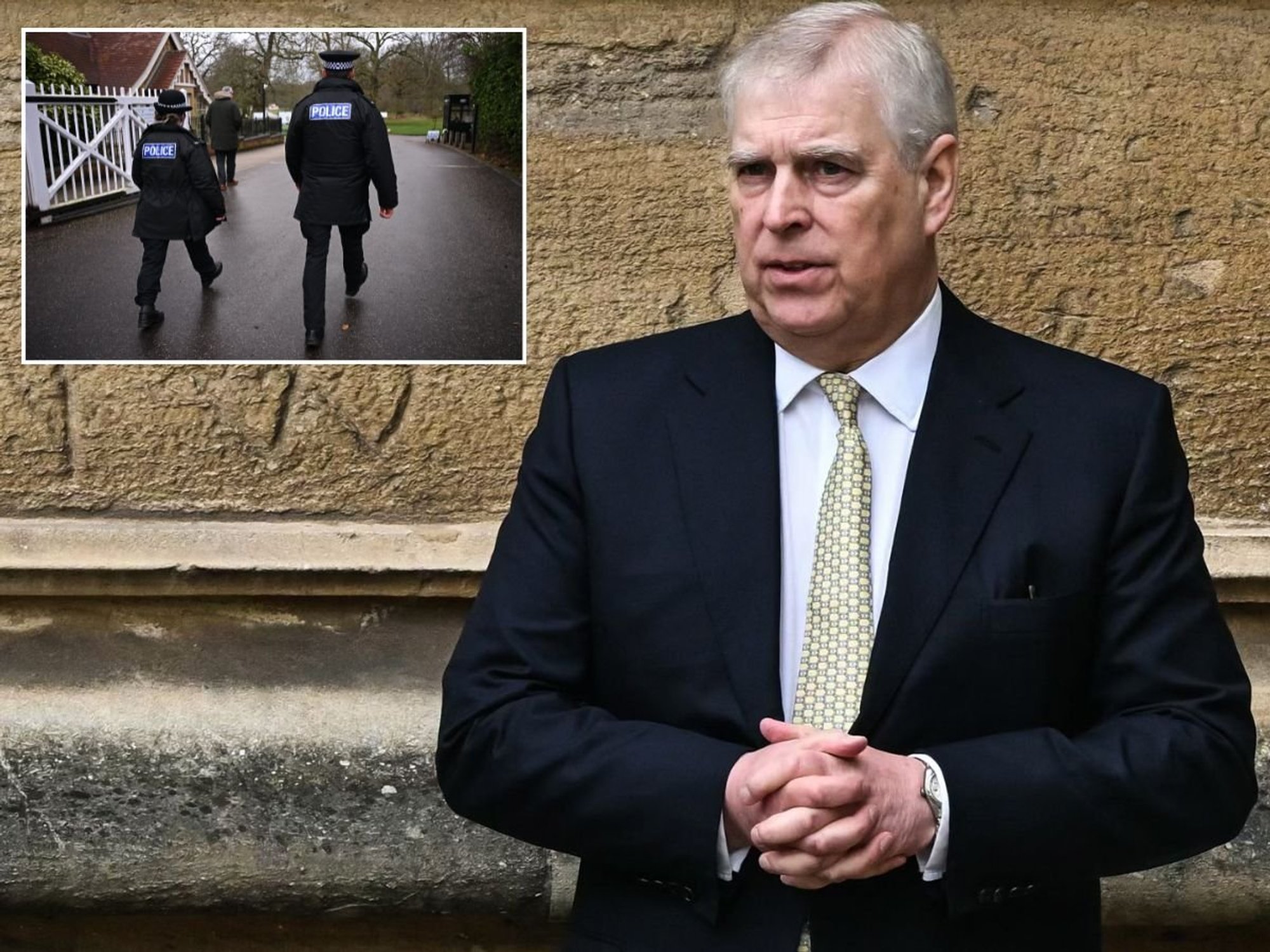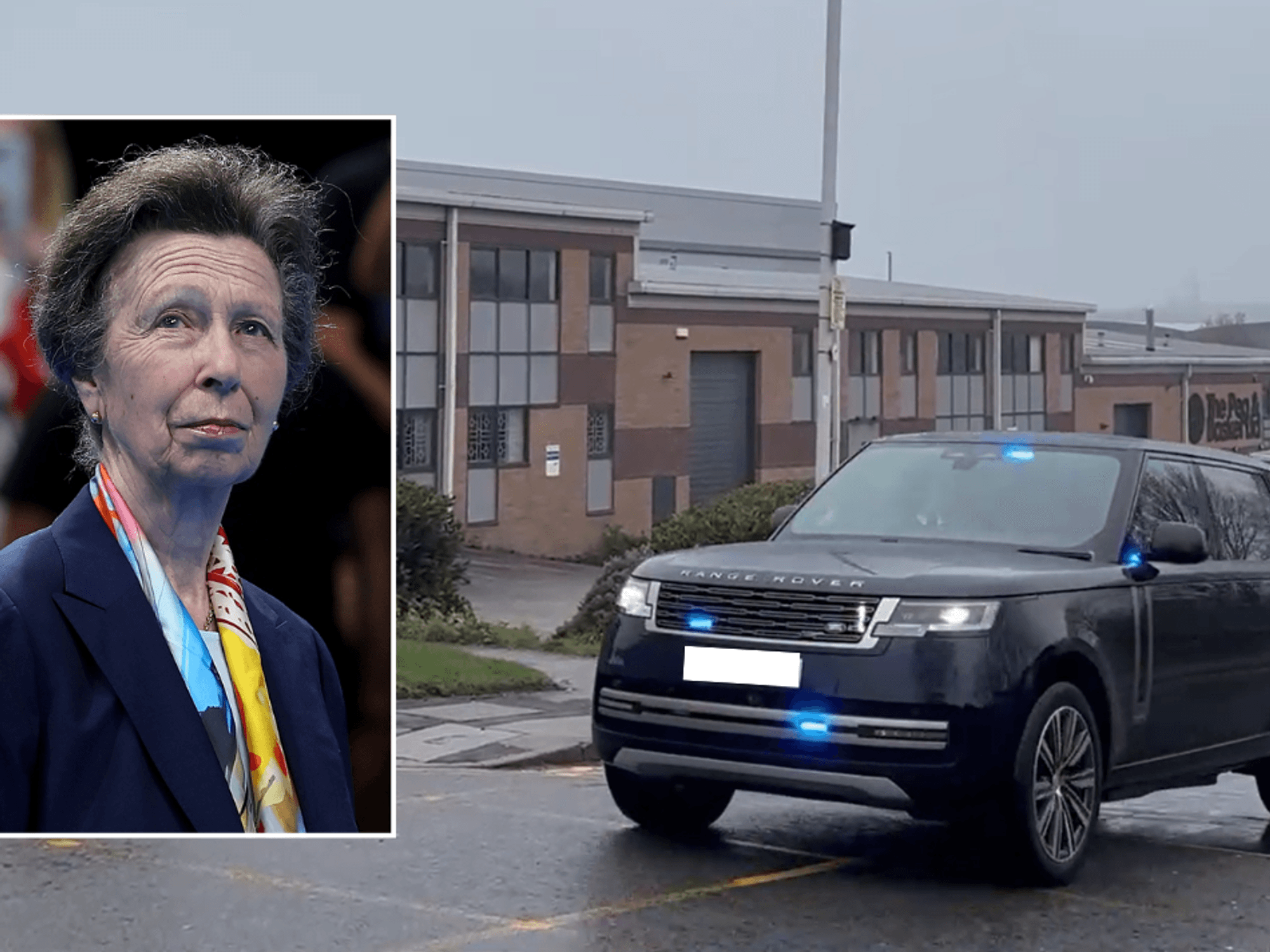‘Totally ridiculous!’ Britons fume as they’re forced to pay £5 to get their Christmas cards
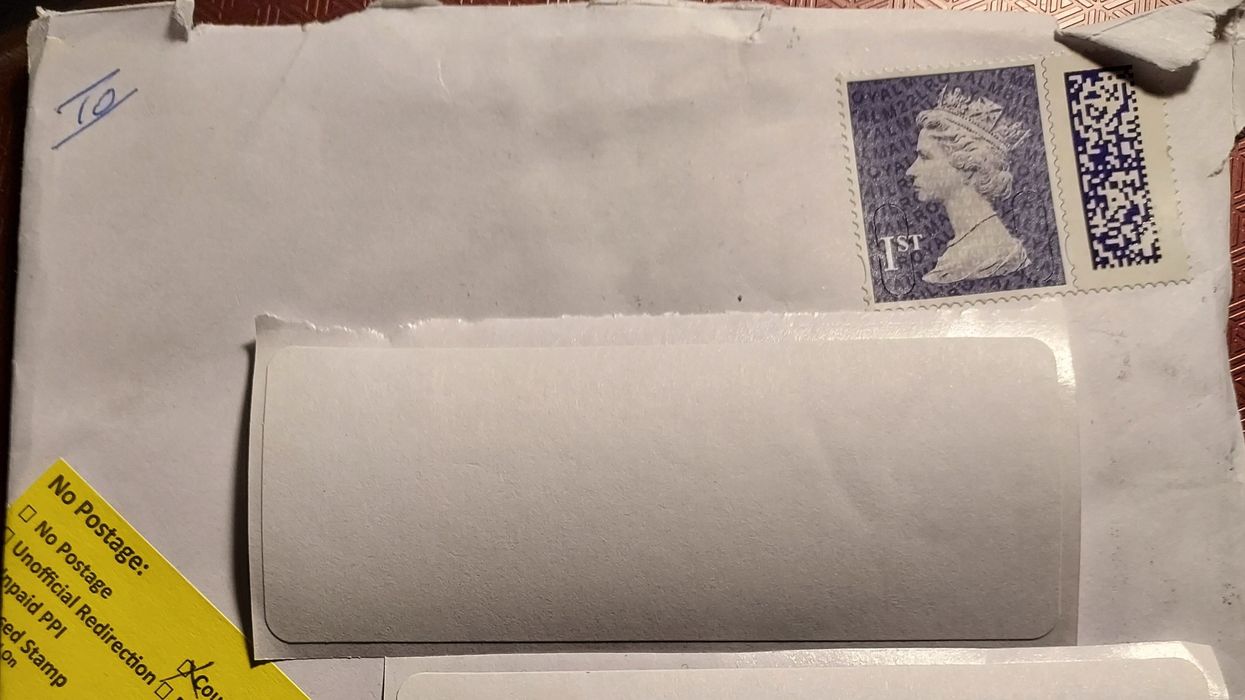
Royal Mail has attached 'counterfeit stamp' stickers on the affected people's envelopes
|GB NEWS

Royal Mail has been charging four times the price of a first class stamp to release letters sent with “counterfeit” stamps since October 2023
Don't Miss
Most Read
Latest
Members of the public have shared their shock at being forced to pay Royal Mail £5 to get a Christmas card which had been sent with a counterfeit stamp.
After GB News highlighted how an elderly woman forked out the fee to get her niece’s Christmas card last week, several readers got in touch explaining they had experienced something similar.
For many of them, it meant paying four times the cost of a first class stamp - which is now £1.25 - to get the mail, with some assuming it had been a parcel.
They said they were first made aware of the issue when they received a note from Royal Mail regarding a £5 fee to pay.
Do you have a money story you’d like to share? Contact our money team by emailing money@gbnews.uk.
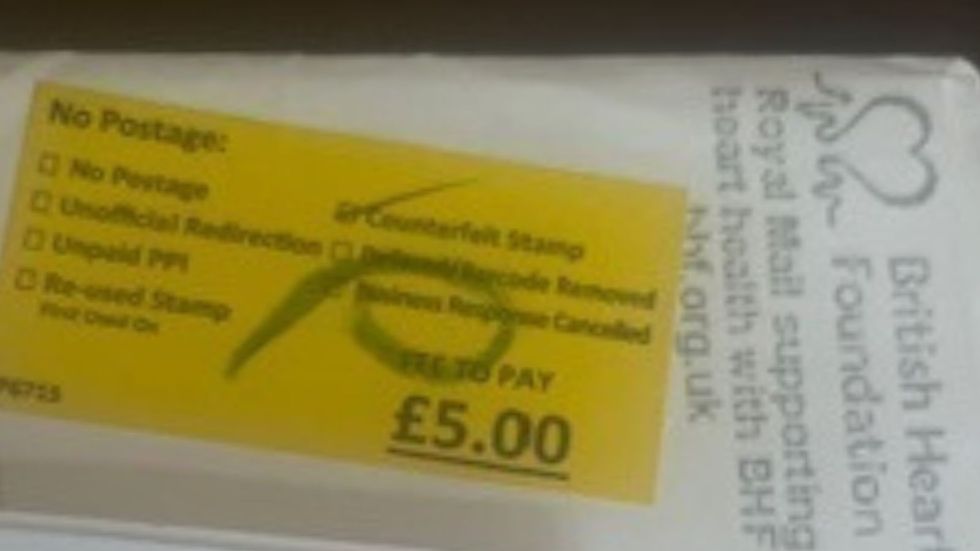
A GB News reader said had they had sight of the envelope before paying the £5 fee, they would have refused to accept it
|PA
One GB News reader was left “astounded” on New Year’s Eve when they were told they had to pay £5 because they had been given a Christmas card with a fake stamp on it.
They said: “Unfortunately it is the innocent recipient of the mail that is victimised and ends up out of pocket.
“I query how people are allowed to make these stamps and then put them on the open market and what is happening to all of the money that the post office is pulling in from the public? It all seems very wrong and needs addressing.”
A grieving family ended up paying the £5 fee as they were concerned the piece of mail would relate to the recent family bereavement.
They told GB News: “I was rather annoyed when the item of post was delivered with a yellow sticker stating it was a counterfeit stamp! It looks like all the other stamps I have received. I haven’t even contacted the sender who had put their address on the back of the envelope.”
Another person “unwittingly” paid the fee as they thought it could be something to do with their mother’s house sale, which they are doing on her behalf through Power of Attorney.
They were less than pleased when realising it was a Christmas card, which they received after Christmas, with a second class “counterfeit” stamp attached.
They wrote: “I want to know why not charge you the correct postage not a highly inflated fee…”
A GB News reader who was charged £5 to receive a Christmas card from a friend said: “I was too embarrassed to tell them but I hope I don't receive any more. It was very humiliating and costly!”
“The same happened to me,” another wrote, explaining they thought it was a parcel. “If I had known it was just a Christmas card I wouldn't have paid the £5.”
One person slammed the charge as “ridiculous”, saying they and their sister had had a similar experience. “I won’t be paying it again,” they insisted.
With the Royal Mail note directing people to either pay the fee online for redelivery or to collect the mail from the sorting office, some have opted to do the latter.
“I had to pay £5 for a Christmas card,” a GB News reader said. “I had to collect it from the distribution office, so I paid for petrol too!”
Some said sorting office staff members have shown them the envelope before they paid the fee, leading them to opt against paying the fee.
One said: “I walked to the collection point but was handed a normal-sized envelope that clearly had a Christmas card inside. I decided not to pay £5 for it.
“It's totally ridiculous. What on earth will they do with my card? They’ll probably throw it away. Why couldn't it just be given to me either as an act of goodwill or if I were to pay for postage, either way, we are both losers!”
LATEST DEVELOPMENTS:
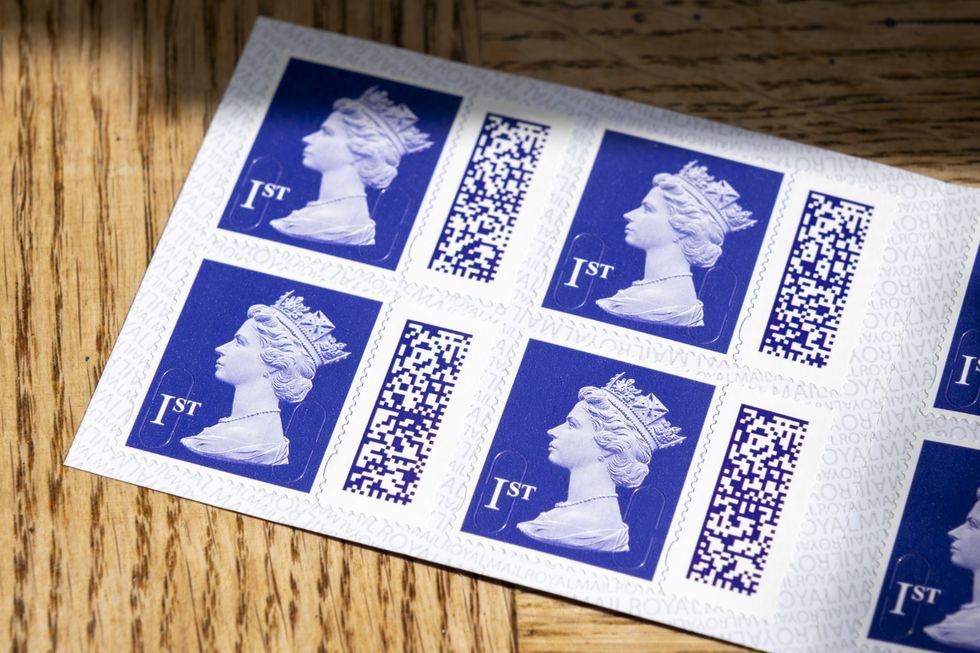
Royal Mail increased the charges on October 30, 2023
|GETTY
Another explained they had visited the local post depot where they were shown the envelope and told it contained a counterfeit stamp.
Realising it was a Christmas card, they refused the pay the fee and instead contacted the sender, who had no idea about what had happened.
They penned: “I told them the stamp was counterfeit and they said they bought them in good faith online.”
Another told GB News: “I went to the post office and the gentlemen very kindly showed me, from a distance. It was obviously a Christmas card so I rejected it and thanked him. I am not going to pay £5 to have a card delivered to me.”
Others said they hadn’t been as lucky and only realised what the item was after paying the fee.
A member of the public told GB News: “Had I had sight of the envelope I’d have refused to accept it.
“Had to pay online as I was going away for Christmas and arranged redelivery for early in the new year when I’d be in as for that amount I was expecting something which couldn’t go through the letterbox.”
A Royal Mail spokesperson said: “Counterfeit stamps are illegal, extremely costly to our business and can disrupt our operational processes. The vast majority of our customers use the correct postage and will not be affected by these surcharges. In order to protect customers, we increased these charges on October 30, 2023 to act as a meaningful deterrent to customers who use counterfeit stamps.
“We actively investigate fraudsters as we don't like to see our customers ripped off. We regularly monitor online marketplaces to detect suspicious activity and will contact the appropriate platform to request its immediate removal.
“We would always recommend that customers buy their stamps from reputable high street outlets. Stamps are also available directly from the Royal Mail online shop. Customers should always report any suspicious stamps to Royal Mail via our website, Action Fraud and to their local Trading Standards office.”






